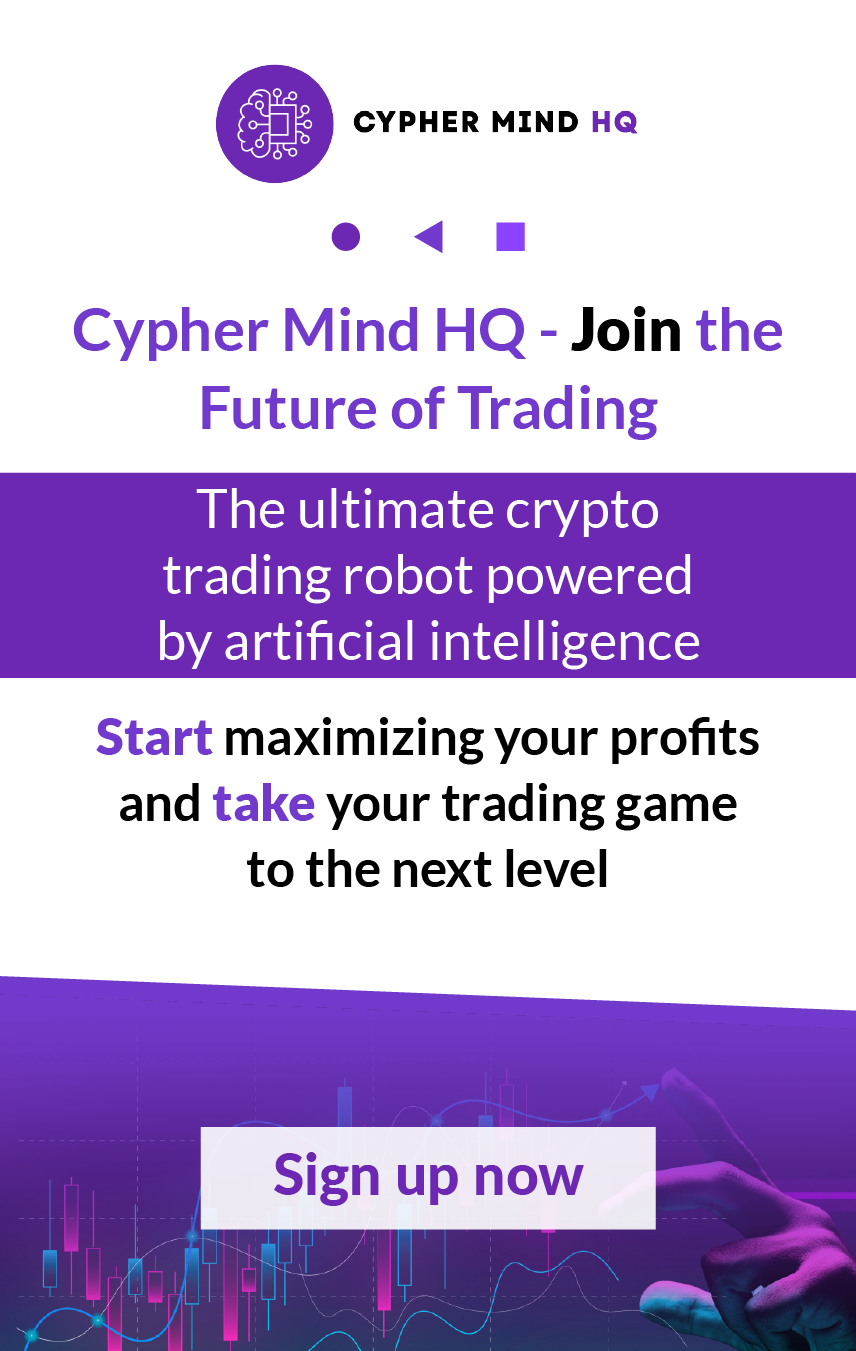The concept of Decentralized Autonomous Organizations (DAOs) stands as a revolutionary approach in the landscape of blockchain and cryptocurrency, promising a future where decision-making processes are democratized and decentralized.
DAOs, by leveraging blockchain technology, aim to eliminate traditional hierarchies and central authorities, thereby fostering a more equitable and efficient way of governance and operation. Let’s delve into the essence, workings, and examples of DAOs to better understand their significance and potential challenges.
Understanding DAOs
A DAO is essentially an organization that operates without a centralized leadership, driven instead by smart contracts and collective decision-making of its stakeholders.
These organizations utilize blockchain technology to ensure transparency, security, and consensus in decision-making processes. The idea is to create an entity that is governed by pre-defined rules encoded as smart contracts, which execute automatically based on the consensus of token holders.
The Genesis of DAOs
The concept of DAOs can be traced back to the early days of human organization, from tribal councils to mining cooperatives, where decision-making was communal and based on consensus. However, the modern incarnation of DAOs is enabled by blockchain technology, with Ethereum’s introduction of smart contracts serving as a pivotal moment.
These smart contracts allow for the codification of governance rules, ensuring that decisions are made transparently and democratically without the need for a central authority.
How DAOs Operate
At the core of a DAO’s operation is its governance model, which is typically defined by smart contracts on a blockchain like Ethereum. Participants or token holders in a DAO have the right to propose changes, vote on initiatives, and influence the organization’s direction in proportion to their stake.
This model promotes a level of engagement and ownership that is uncommon in traditional organizations, where decisions are often made by a select few at the top.
DAOs in Action: Examples and Challenges
Several DAOs have emerged with varying degrees of success and challenges:
- Dash: This cryptocurrency operates as a DAO, with masternodes facilitating decision-making. However, the concentration of voting power among a few masternodes has raised concerns about true decentralization.
- The Ethereum DAO: Despite its ambitious goal of creating a venture capital fund governed by smart contracts, it suffered a significant setback due to a vulnerability in its code, leading to a controversial fork of Ethereum.
- MakerDAO: As one of the more successful DAOs, it has introduced a stablecoin (Dai) pegged to the US dollar. Yet, it has faced its own set of challenges, including governance disputes and the impact of external events on its stability.
The Path Forward for DAOs
Despite their potential, DAOs are not without their growing pains. Issues such as governance manipulation, voter apathy, and the technical complexities of smart contracts pose significant hurdles. Moreover, the legal status of DAOs remains a grey area, with regulatory frameworks yet to catch up to this new form of organization.
However, the appeal of DAOs lies in their promise to democratize decision-making and create more transparent, equitable, and resilient organizations. As the technology matures and the community continues to learn from past challenges, DAOs may well represent a significant step forward in how we think about and structure organizations in the digital age.
In Conclusion
DAOs embody the spirit of decentralization that is central to blockchain technology. By automating governance through smart contracts and distributing decision-making power among stakeholders, DAOs offer a glimpse into a future where organizations can operate more democratically and efficiently. While challenges remain, the evolution of DAOs continues to inspire and push the boundaries of what is possible in the realm of decentralized governance.


